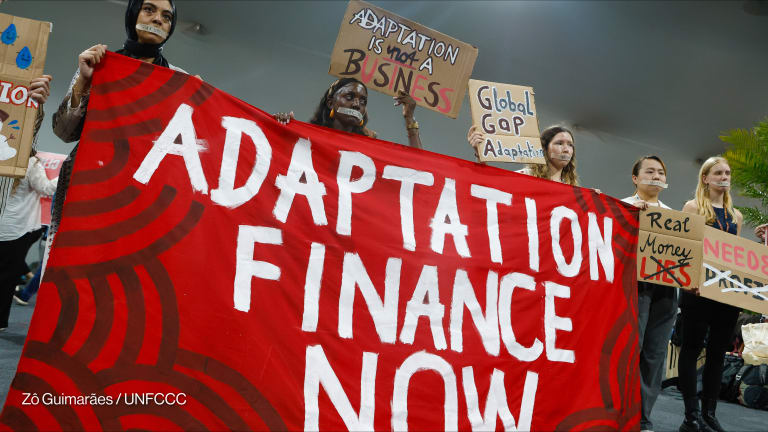Public-private partnerships are often considered an important development tool and may well be a part of the conversation at next week’s International Financing for Development Conference as governments look to the private sector to help fund a new set of sustainability targets.
But a new report from civil society released on the eve of the summit challenges the conventionally accepted benefits of PPPs. The report criticizes the high public sector debt that can result from PPPs and the often opaque government procurement practices around creating the deals — both of which are bad for local citizens.
The findings come from the European Network on Debt and Development — a Brussels-based network of civil society organizations that focuses on aid effectiveness. Eurodad contends that while PPPs are a common form of collaboration to share risk and advance development goals, in many instances they tend to be expensive, nontransparent and difficult to negotiate. Often, the development results are unclear.
Read more stories on PPPs:
► The private sector's role in climate change: 3 questions with IFC
► All grown up? The UN Global Compact at 15
► Can we address imbalances of power in cross-sector partnerships?
► The power of collaboration: 6 success factors for private-NGO partnerships
► Implementing the EU's private sector strategy: Where to start?








